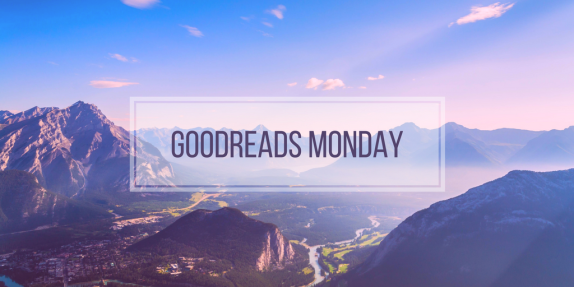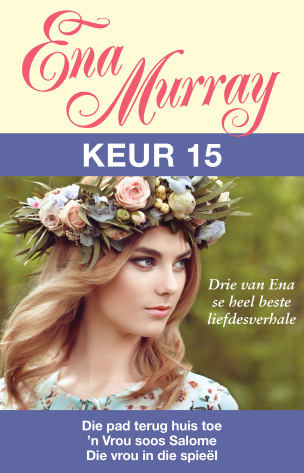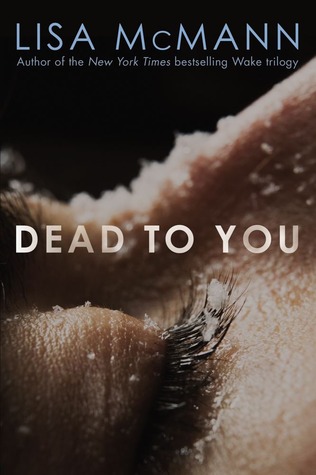As a girl, filmmaker Marisa Stotter followed her older brother into the local comic book shop for a Magic: The Gathering tournament, and found herself browsing the shelves, igniting a spark that would grow into a full-fledged comic book habit in high school.
Years later, she would illuminate the hidden history of women’s contributions to the industry in the empowering documentary “She Makes Comics.” (Read a review here.)
The film sheds light on the achievements — not to mention the discrimination faced by — female writers, artists, fans, and creators. It also features interviews with power players in the comic book world, including Kelly Sue DeConnick, Gail Simone, Jenette Kahn, and Karen Berger.
After touring film festivals and other events around the world and winning a major award at San Diego Comic-Con, “She Makes Comics” recently made its debut on Netflix. (If you haven’t seen it yet, you should remedy that immediately. You can also view it on Amazon and iTunes.)
As a fan, I’m ecstatic that Marisa graciously agreed to discuss the making of her documentary, along with other fun and geeky subjects, including her history with Dungeons & Dragons, the “Wonder Woman” movie, her “Doctor Who”-themed short film, and “Stranger Things.”
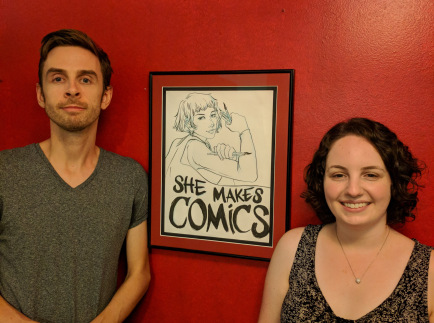 “She Makes Comics” director Marisa Stotter and producer Patrick Meaney with the logo for their documentary.
“She Makes Comics” director Marisa Stotter and producer Patrick Meaney with the logo for their documentary.
What sparked the idea for the documentary “She Makes Comics”?
I was working with Patrick Meaney and Jordan Rennert of Respect! Films on a couple of comics-related documentaries, one on Chris Claremont and one on Image Comics. As those projects started to wind down, we discussed what to focus on next.
At the time (fall 2013), the Internet was abuzz with discussions about sexual harassment, discrimination, and other issues facing women in the industry. Against this background, it seemed like the right time to produce a documentary celebrating women in the comic book industry, although we also wanted to touch upon the discrimination that they face.
The seeds for the project were sewn when you were an English major at Wesleyan University. First of all, English majors rock. Second, tell me how the documentary began to take shape during this time.
I think my English education provided me with a great advantage going into the project. Although I did not specifically study comics as part of the English department’s curriculum, the critical reading and analytical skills I honed at Wesleyan proved to be useful as we studied the history of women’s contributions to comics and used that research to flesh out the arc of the documentary.
You were first introduced to the mysteries of the comic book shop by your brother, but it took you a while to jump into buying and reading comics. Tell me more about that.
Like most younger sisters, I wanted to do everything that my older brother did, and that included playing Magic: The Gathering, the card game, as a kid. A local comic book shop in my hometown hosted tournaments on Saturdays that my brother and I would participate in. I wasn’t very good at the game so I’d lose early on and kill time until my brother was ready to leave by browsing the comics rack. That’s when I first became interested in comics — I think one of the first that I picked up was a “Simpsons” comic since I recognized the characters.
What were some of your formative titles as a young girl?
I didn’t read a ton of comics as a kid, just the occasional “Simpsons” or “Archie” comics and some kid-oriented Batman comics. It was in high school that I began to read comics more regularly and developed my own personal tastes. As a freshman in high school, I read “Persepolis” and “Maus,” which really blew me away. They showed me that the medium could tell any kind of story, and they were particularly appealing to me as a student of literature. I did also get into superhero comics, but those graphic novels broadened my understanding of comic storytelling.
Are you still a comic book reader? If so, what titles are you into now?
I do still read comics, although I don’t have the time to read as much as I’d like to. I’m in a catch-up period reading some comics I missed in the past few months. I’ve been catching up on “Paper Girls” by Brian K. Vaughan and Cliff Chiang, which I absolutely love. And I’m catching up on Kelly Sue DeConnick’s “Bitch Planet.”
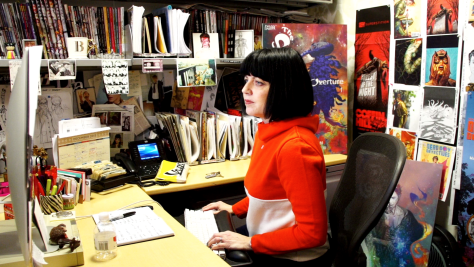 DC Comics editor Shelly Bond in her New York office in a scene from “She Makes Comics.”
DC Comics editor Shelly Bond in her New York office in a scene from “She Makes Comics.”
What sort of research did you do before you began production on “She Makes Comics”? How much did you already know about the subject?
We were fortunate enough to have on board our creative team Karen Green, the curator of comics and graphic novels at Columbia University’s Robert Butler Memorial Library. She is incredibly knowledgeable about the medium. Karen was enormously helpful as we began researching for the project, suggesting interview subjects and particular works for us to focus on. I was already familiar with some of the people we were planning to interview, but I learned plenty more as we conducted our research.
Why aren’t people generally familiar with much of the history of women in comics presented in your doc?
Women’s contributions to comics aren’t as well-known as those of such legends as Stan Lee and Will Eisner. I think there are a lot of elements that factor into that, but perhaps the biggest reason is that comics has long been considered a medium for male readers, so it is assumed that men are the main creative forces behind them.
How did you go about making your list of interviewees? Was it a challenge to land any of the interviews for the film?
We initially had a very long “wish list” of interviewees that we then narrowed down as the film took shape. Patrick and Jordan had existing relationships with some of the people we wanted to interview from working on their previous documentaries, and Karen personally knew a number of people and facilitated getting in touch with them. We were fortunate that just about every person we contacted was interested in and excited by the project. In some cases we couldn’t overcome logistical obstacles, but we certainly made every effort to get the interviews that we felt were important for the film.
 Marisa and “Captain Marvel” writer Kelly Sue DeConnick doing DeConnick’s specialty, the “duck-face selfie.”
Marisa and “Captain Marvel” writer Kelly Sue DeConnick doing DeConnick’s specialty, the “duck-face selfie.”
Was there one interview in particular you geeked out over?
I’m a huge fan of Kelly Sue DeConnick’s work, and she’s a pretty big superstar in the comics world, so having the opportunity to interview her was really special. I was fortunate enough to get a duck-face photo with her, too!
You funded the film via Kickstarter. What was your crowd-funding experience like?
The “She Makes Comics” campaign was my very first experience with Kickstarter, and it was quite the wild ride. It was equal parts thrilling and stressful, given that we had a 30-day window in which to achieve our goal. I honestly had no idea what to expect at first — I wasn’t sure if the project would strike a chord with potential backers, or if there would be a backlash given the subject matter.
Fortunately, we received very positive feedback early on, and as the press began to cover the project, we saw an incredible outpouring of support. Managing the campaign, however, was a full-time job in itself. We constantly updated the campaign page with new rewards and communicated with backers on a daily basis, while we continued to spread the word about the campaign via press coverage, fan sites, and social media. I was on edge until we reached our goal, which was both an exhilarating moment and quite the relief.
You also worked with the Sequart Organization. Tell me about that organization and how were they involved with the film.
Sequart is an organization promoting comics literacy and the study of comics in academia, so it was a natural partnership given the nature of our project. Sequart had previously been involved in Respect’s other comic-related documentaries, so Patrick and Jordan had an existing relationship and had no trouble getting them on board with “She Makes Comics.”
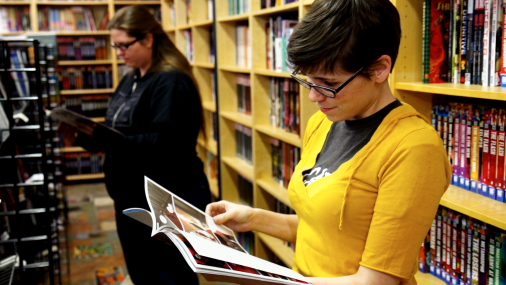 Readers browse in a local comic book shop in a scene from “She Makes Comics.”
Readers browse in a local comic book shop in a scene from “She Makes Comics.”
Let’s talk about the actual documentary shoot. What were the biggest challenges you faced?
Our biggest challenge was coordinating the logistics of the interviews, since the people we wanted to interview lived all over the world. We attended several comic conventions where we were able to conduct a number of interviews in one location, but even then it was difficult to coordinate with many creators’ busy schedules.
What did you enjoy most about the shoot?
I think I had the most fun shooting at comic conventions. I love to wander around the exhibition floor at a convention and just take in the sights, particularly the creative cosplay. We shot a lot of b-roll footage of amazing female cosplayers, and I was especially excited whenever we met a young girl in a great get-up.

I love the film’s logo! Tell me about how it was created.
Our logo is courtesy of the talented Courtney Wirth, who designed it for us. We wanted the logo to evoke one of the most iconic symbols of female empowerment, Rosie the Riveter, while remaining specific to the subject of “She Makes Comics.” We loved what Courtney came up with, and in fact, I have the original artwork hanging in my apartment!
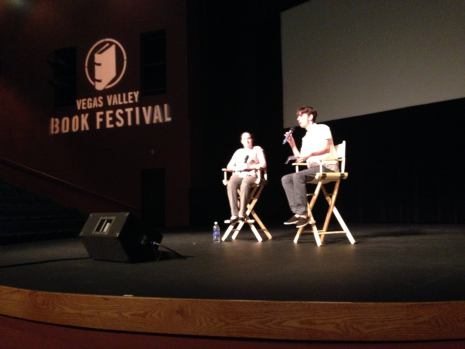 Marisa and producer Patrick Meaney answer audience questions during a panel at the Vegas Valley Comic Book Festival in Las Vegas, Nev.
Marisa and producer Patrick Meaney answer audience questions during a panel at the Vegas Valley Comic Book Festival in Las Vegas, Nev.
“She Makes Comics” screened at a lot of film festivals and events. Were you able to attend many of them?
I attended quite a few screenings, mostly here on the West Coast. The movie has screened all over the world, including in South Korea, Australia, and the U.K. It’s really amazing to me how She Makes Comics has managed to resonate with audiences across the globe.
What was the response to the film? Have a lot of women approached you wanting to talk about it?
The response to “She Makes Comics” was wonderfully positive and affirming. I was nervous sending the film out into the world, and I was particularly worried about our Kickstarter backers who had pledged to the project and would now be seeing the product of their support. Fortunately, I heard positive feedback from our backers as well as others who discovered the film. I was approached by many women for whom “She Makes Comics” struck a personal chord. I’m glad that the film opened up the conversation about women in the comic book industry even further.
What about the reaction from men? I was disappointed to see some pretty clueless comments from men on the IMDb website.
I’ve spoken with a lot of men who were fascinated by the documentary and came away having learned something new about the medium and its history. There will always be anonymous trolls trying to tear down a project like this, but I received very positive responses from male viewers, some of whom are fathers and art teachers trying to nurture young talent at home and in the classroom.

“She Makes Comics” won the best documentary prize at the 2015 Comic-Con International Independent Film Festival. That’s quite an achievement. How did that feel?
It was wonderful to receive recognition at such an iconic convention, and it was fitting given that so many of the stories in “She Makes Comics” have some connection to San Diego Comic-Con.
How did you land a distribution deal with Netflix? That must have been exciting. How has that changed the doc’s reception and prospects?
We initially made a distribution deal with XLRator, and they handled the rest. It’s an enormous milestone to have “She Makes Comics” available on services like Amazon, iTunes, and Netflix because the film will reach a whole new audience. We’ve seen a renewed interest in the film thanks to that exposure.
What would you ultimately like to achieve with “She Makes Comics”?
What I’m proudest of with “She Makes Comics” is that the film has become a source of inspiration for young girls whose artistic talent is emerging. I think it’s vital for them to see role models, to see the women who have come before them, so they know that creating comics is something that they can do when they grow up. That, I think, is the project’s legacy beyond telling the story of women in the comic book industry.
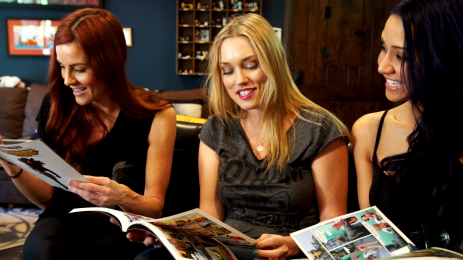 Filmmaking and acting troupe Team Unicorn in a scene from “She Makes Comics.”
Filmmaking and acting troupe Team Unicorn in a scene from “She Makes Comics.”
You also made a short film, “Tenspotting,” which is set in the “Doctor Who” fandom. That sounds amazing. Where can we see it?
You can watch “Tenspotting” on Vimeo!
Tell me more about the inspiration and making of the short.
“Tenspotting” was a fun one because it started as a joke! I was at Comic-Con the previous year having drinks at the Hyatt bar with two writer friends of mine, Emily Blake and Michael Patrick Sullivan. We kept noticing lots of “Tens” and were having a lot of fun counting them, and thus began the germ of “Tenspotting.”
Emily and Michael went on to write the script somewhat as a joke, but I told them I was interested in producing it — seriously! — and I brought it to Patrick and Jordan, who thought it would be a fun project to take on.
I’m assuming you’re a Whovian. How did you get into the series?
I’m actually not a Whovian, although I’ve seen a number of episodes. Don’t revoke my geek card!
Who’s your Doctor?
Although I’m not a big Doctor Who fan, I’m super excited about Jodie Whittaker’s casting as the next Doctor, and I plan to tune in when she debuts. I really like her as an actress, and I’m excited to see the first female Doctor.
What are your other personal fandoms? How do they manifest themselves in your life?
I’m such an equal opportunity fan — I get invested in almost everything I read or watch, but sadly I don’t have the time to be as involved in fandom as I used to. The Harry Potter fandom will always hold a special place in my heart, and I still have some great Potter fan fiction bookmarked from over a decade ago.
Is it true that while you were at Wesleyan, you were part of a secret group that played “Dungeons & Dragons”?
I wouldn’t say we were a “secret” group, but I did learn how to play D&D in college with a great group of friends. I absolutely loved it, although I think our Dungeon Master got tired of our antics derailing our progress. I’ve been meaning to join a campaign since I recently got the itch to get back into D&D.
“Stranger Things” is packed with “D&D” references. Are you a fan?
I am a big fan of “Stranger Things.” I had the greatest experience watching it for the first time. I didn’t know much about it except that it was set in the ‘80s and starred Winona Ryder. I was totally hooked on the first season, and the second season was just as good, if not better. Along with “Freaks & Geeks,” “Stranger Things” features one of my favorite portrayals of D&D campaigns in television.
I’ve heard you also really like board games. What are some of your faves?
I love Settlers of Catan, although I tend to get fairly competitive with that one. I’m also a big fan of card games like Munchkin and Bang. There are some really innovative games raising funds on Kickstarter, so I often get brand new games to test out with my friends.
 Marisa is joined by several of the film’s interviewees for a Q&A following the premiere of “She Makes Comics” at Brave New World in Newhall, Calif.
Marisa is joined by several of the film’s interviewees for a Q&A following the premiere of “She Makes Comics” at Brave New World in Newhall, Calif.
As a woman, is there anything you’d like to see change in the world of fandoms and geek culture?
I think it all boils down to inclusivity and respect. There is a gatekeeper mentality in some fandoms, based on this idea that you can only be a “true fan” if you have an encyclopedic knowledge of the work and have been a fan since “before it was cool.” I’m of the opinion that we should encourage new, enthusiastic fans to become involved in fandom.
I think a number of fan communities would benefit from a change in attitude towards new fans, because ultimately, we are all involved because we love the thing that is bringing us together. It doesn’t matter if you have been reading Marvel comics since the 1970s or if you started after the “Avengers” movie — we all approach fandom in different ways and from different perspectives, and to me, that is what makes these fan communities so enriching and fun to be part of.
Do you have thoughts and/or opinions on the recent success of the “Wonder Woman” movie?
I really loved “Wonder Woman” on its own, and I appreciate how it seems to have touched a whole new generation of women (and men) who are excited about the character and what she symbolizes. I think the film is a much-needed reprieve from the chaos that is 2017. It has clearly inspired and empowered women in a way that no superhero film has done in the past few years. The “no man’s land” scene in Wonder Woman was perhaps my favorite movie moment of the year; it was so breathtaking and personally gave me goosebumps.
What’s on your career bucket list? Would you like to make more documentaries and films or go in another direction?
I loved the experience of making “She Makes Comics,” but I’ve found my calling, career-wise, to be in television. As I pursue my goals in that part of the industry, I’m bringing along with me a lot of what I learned working on “She Makes Comics,” as well as my lifelong passion for inclusivity and diversity. My ultimate goal is to develop and produce television that depicts stories we don’t ordinarily see on TV, from storytellers with varied backgrounds and perspectives.
What advice would you offer to women who still may be intimidated to go into their local comic book store?
Arm yourself with knowledge! Engage with the fan community online and get some recommendations for titles you may like based on the kinds of books, movies, and TV shows you enjoy. Fortunately, there are more and more comic book shops that are warm and welcoming to new readers and want to help you find your new favorite book. Don’t be afraid to take the plunge and ask an employee to recommend some comics. It’s such an exciting world to explore!
Share this:

